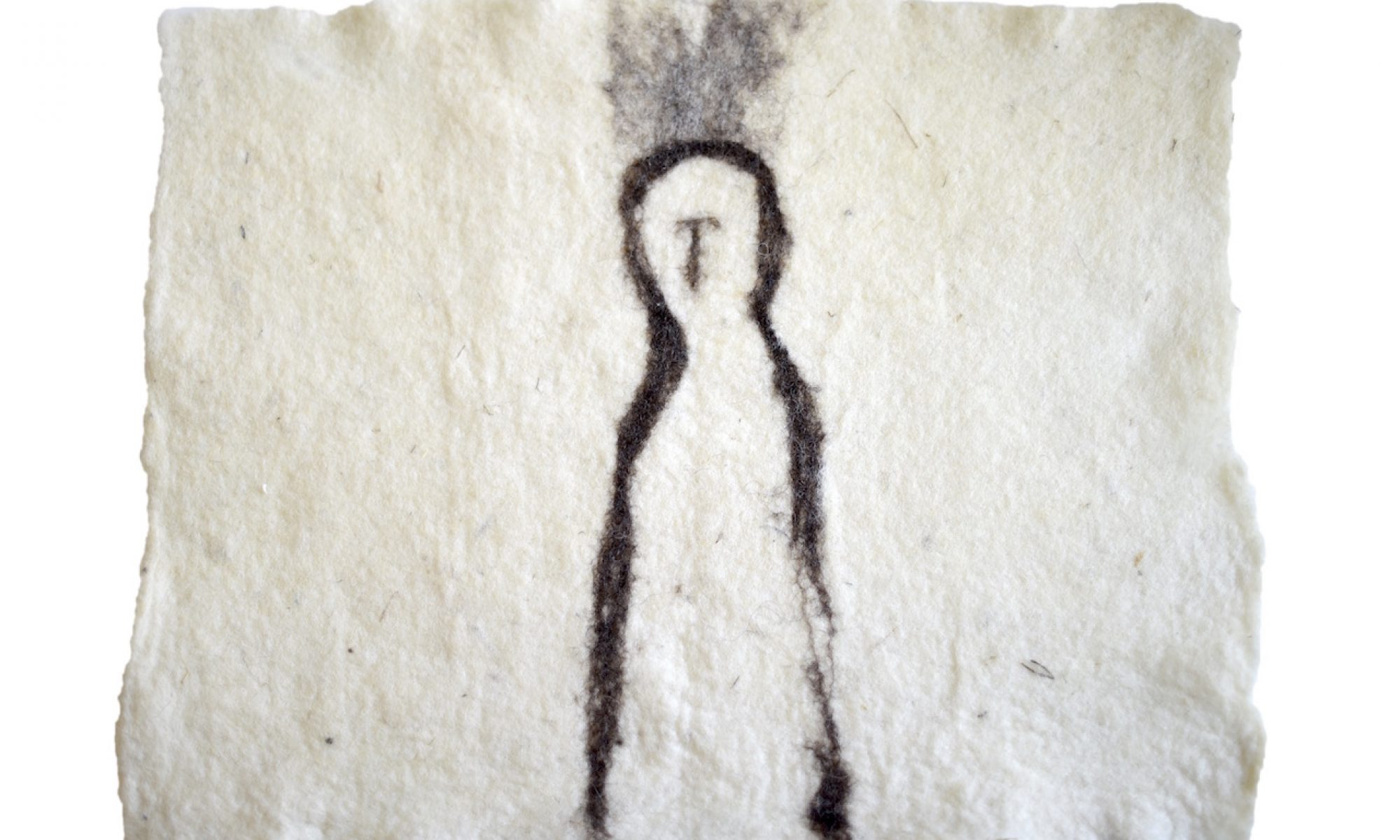Intrasonance is based on what life gave me. This includes my artistic work on the subject of suffering vs. security in human history.

The archaic figures reflect the viewer with their whole and their destroyed self. For many years I have been greatly concerned with what is happening there and why there are those highly diverse reactions.
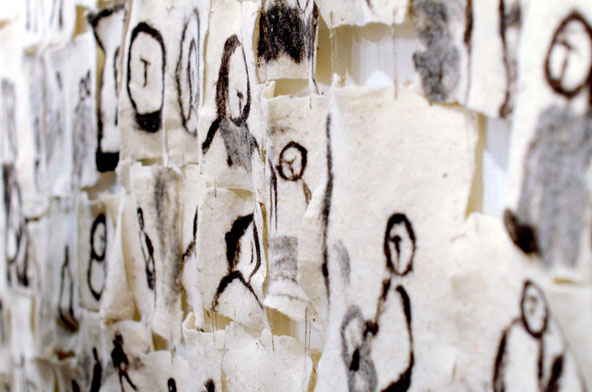
Because of my biography, I am strongly connected to the Christian faith, and certain sentences helped me to understand what I call Intrasonance today.
One sentence comes from the Catholic liturgy and reads “but speak only one word, my soul will be healed” – whereby God is asked to speak here. Intrasonance means knowing that God will definitely speak, or has already spoken, that one was previously only not aware of – and that the necessary words can be spoken naturally by people created in the same way as God.
The second sentence comes from the Gospel of Mark and reads “Ask, it will be given to you; seek, you will find; knock and you will be opened.”(Mk 7.7) This is exactly how Intrasonance works and thus also corresponds to other increasingly self-evident, not causally Christian beliefs, such as that thoughts and words create reality. Whereby I put a question mark on “not causally Christian” just because of Genesis 1, where God speaks and calls, and because of Joh 1, 1-5.
Nonetheless, Intrasonance goes beyond all religions and worldviews and is easily applicable through consciousness and the word. It is also about seeing each other and perceiving what is.
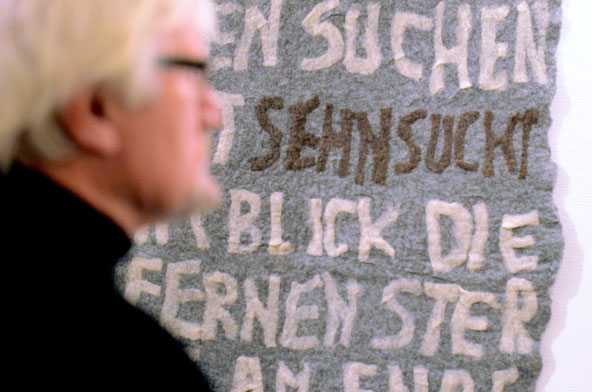
In my practice as a mentor, it is always a moving moment for me when a person intrasonantly finds his or her own orientation and back into him or herself. Above all, the person’s gaze, the “look” out of these people’s eyes at the world, changes suddenly and at the same time indescribably gently.
“Be yourself the change you want for this world,” said Mohandas Karamchand Gandhi. Arriving in unconditional love for yourself and others seems to me the right change, so that despite all cultural differences, peace will finally come on Earth, which was finally postulated some 2.000 years ago. However, it is only people who have the power to decide whether this peace is possible – and because of this, the theodicy question has actually been resolved, at least with regard to man-made peculiarities.
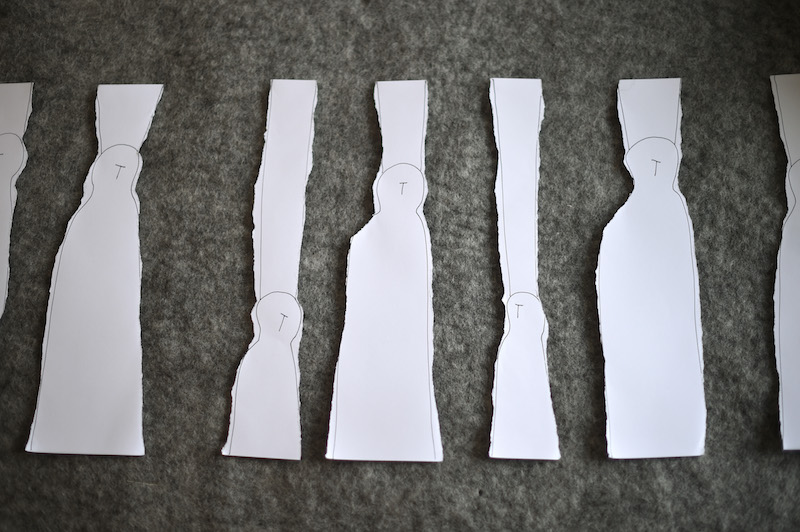
The extent to which people are capable of peaceful, respectful coexistence – also with the environment – is based on the degree of their inner integrity and the strategies they have developed as a result. If they were whole and thus in unconditional love, they would do nothing to each other and to whatever else that surrounds them. But as they have lost their own integrity, however, they need to learn with difficulty what is okay and what is not.
This is exactly the basis of the systems on Earth hat have so far not led to lasting peace. However, people know exactly what is okay and what is not, and certain developments in human history, especially the definition of untouchable human dignity, show that there is a strong, albeit always fragile, awareness of this integrity.
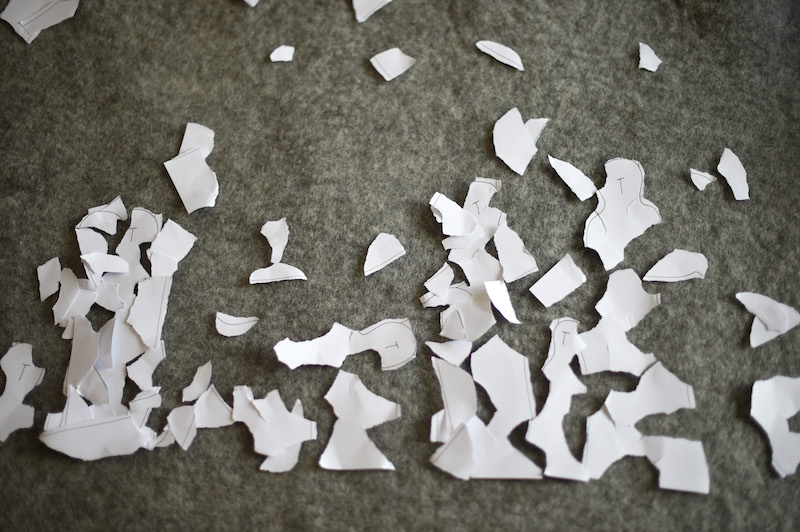
In Apocaluther it says “A healthy person disturbs the system.” What is meant here is the long-standing system of power and powerlessness, wrong and right, poor and rich, which feeds on the vulnerability of people and their needs. This system, which is based on lack of love and addiction, is of course disrupted by people who need it less and less. These people know and feel that there is no need for revolutions to overthrow systems, but only for more and more people to become whole, because they simply change the systems that surround them.

Whole people are therefore people who strive to live in a just economy that respects the environment and thus serves world peace. Growing individuals – no matter what age – are more inclined to meet other at eye-level, they are independent of status symbols, power and money, feel less helpless, and develop self-competence and self-esteem on the inside without having to have more and more on the outside. Emerging individuals are also better able to cope with the challenges of artificial intelligence (AI), which claims to fill human deficits.
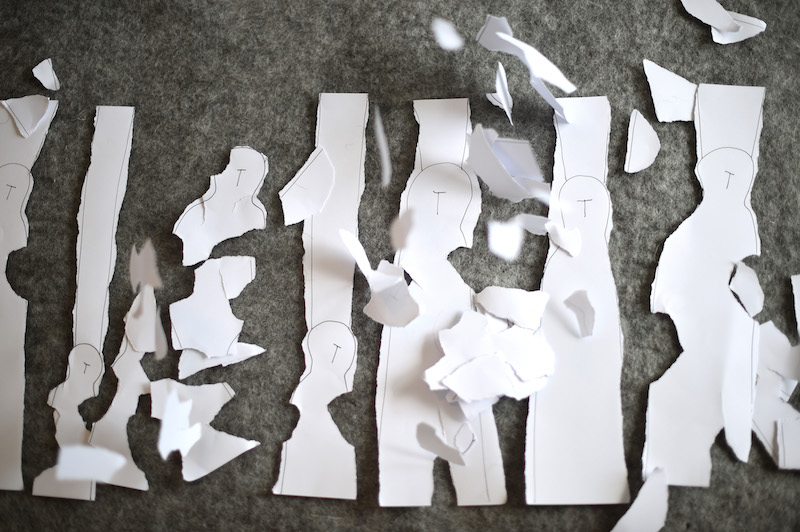
The long-overdue renunciation of the terrible custom of beating disobedient children or punishing them with distancing has led to the fact that in many countries today we fortunately have numerous young adults who have been able to preserve many of their soul parts. For this reason, they are able to live together in a much more peaceful way than all generations before and rightly call for the loving, careful handling of all creation.
Intrasonance trusts, knows and uses the absolute, radical being borne by the One, which is there regardless of any religion and world view.
Ulrike Streck-Plath, beginning of May 2020
In July 2022, the first further literature on this topic was published, shortly afterwards the cooperation with the Chair of Psychosomatic Medicine and Spiritual Care at the Technical University of Munich (Klinikum rechts der Isar), Prof. Dr Eckhard Frick for MUTASPIR (mutare per spiritualitatem) started. Click here for the list of publications by Ulrike Streck-Plath.
